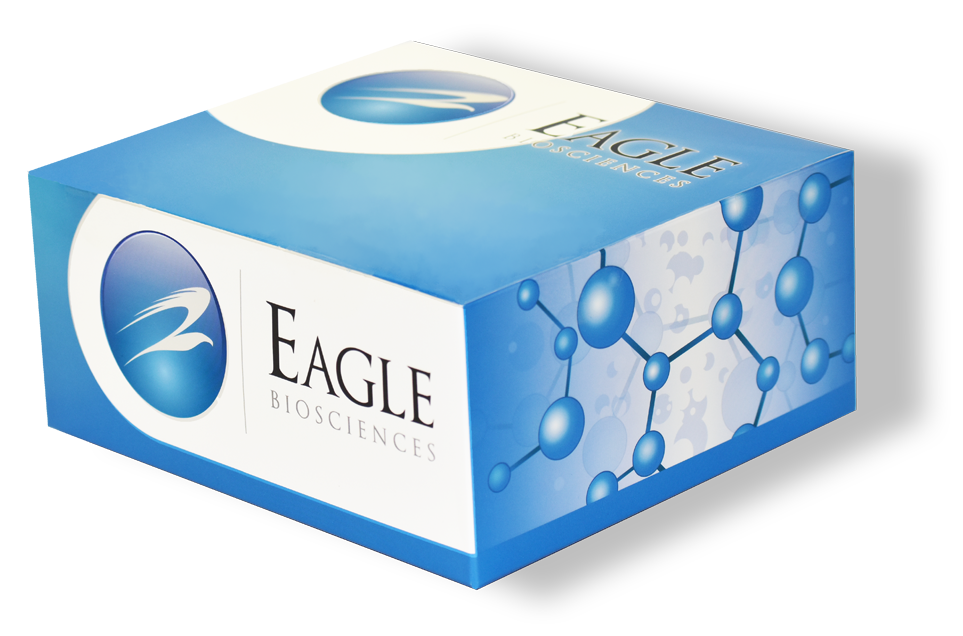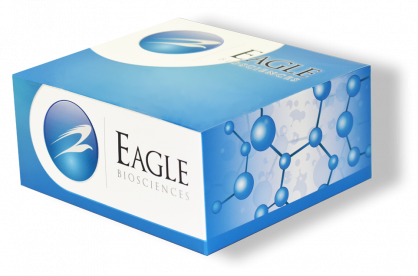AntiCoV-ID IgG Quantitative ELISA Assay Kit
AntiCoV-ID IgG Quantitative ELISA Assay Kit was developed and manufactured in the US by Akston Biosciences
Size: 1×96 wells
Dynamic Range: 3.28-2000 ng/mL
Incubation Time: 2.5 Hours
Sample Type: Serum and Plasma
Species Sample: Human
Sample Size: 10 µL
Alternative Names: Serology, Coronavirus, COVID-19, Corona, Serological
IVD, CE-Marked
Controls Included
Cross Reactivity
Panels were studied with a minimum of eight confirmed disease state samples with this serology assay. No interference was observed for the following disease or infectious agents:
- Anti-Mumps IgG Antibodies
- Anti-Measles IgG Antibodies
- Anti-EBV/Anti-Epstein-Barr Nuclear Antigen IgG Antibodies
- Anti-CMV IgG Antibodies
- Anti-VZV IgG Antibodies
- Anti-Influenza IgG Antibodies
Assay Principle
Akston Biosciences’ AntiCoV-ID™ Quantitative IgG ELISA is an indirect, enzyme linked immunosorbent assay (ELISA) designed to measure anti-spike protein receptor binding domain (RBD) IgG antibodies against the SARS-CoV-2 virus (COVID-19 virus, 2019 Novel Coronavirus) in human patient serum and plasma samples, including heat-inactivated serum or heat-inactivated plasma. The indirect immunoassay uses a recombinant SARS-CoV-2 spike protein RBD immobilized on ELISA plates as the capture antigen to bind the SARS-CoV-2 specific anti-spike RBD antibodies in the serum samples when incubated in the microplate wells. A simple wash step removes all unbound proteins, leaving the anti-SARS-CoV-2 spike protein RBD antibodies bound to the plate. A second incubation is performed where the anti-spike protein RBD antibodies are detected by an anti-human IgG antibody (not cross-reactive to IgM) conjugated to horseradish peroxidase (HRP). After a second simple wash step to remove the unbound enzyme-conjugate, the assay plate wells are incubated with 3,3’,5,5’-trimethylbenzidine which causes a colorimetric change that is proportional to the amount of bound enzyme conjugate in each well. The color development is stopped by adding acid that halts development, and the color density of each well is measured using a spectrophotometric microplate reader.
Products Related to Coronavirus COVID-19 IgM ELISA Assay
Coronavirus COVID-19 IgG ELISA Assay Kit
Coronavirus COVID-19 IgM ELISA Assay Kit
Anti-SARS-CoV-2 S1 (RBD) IgG ELISA Assay


